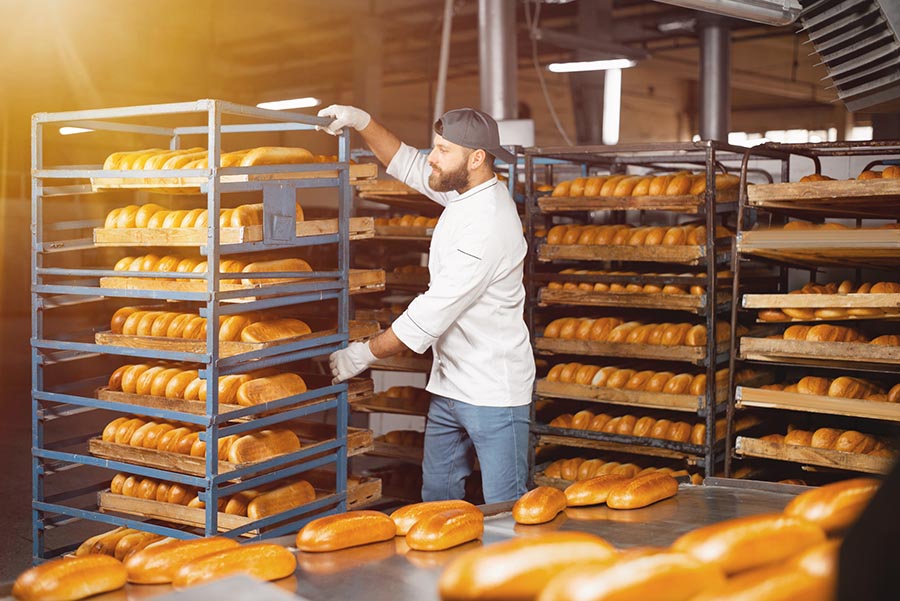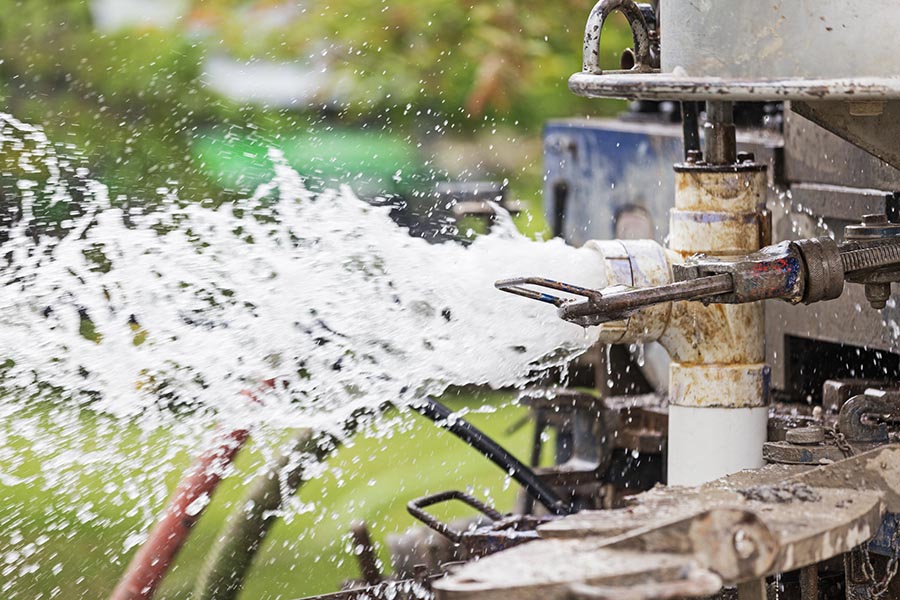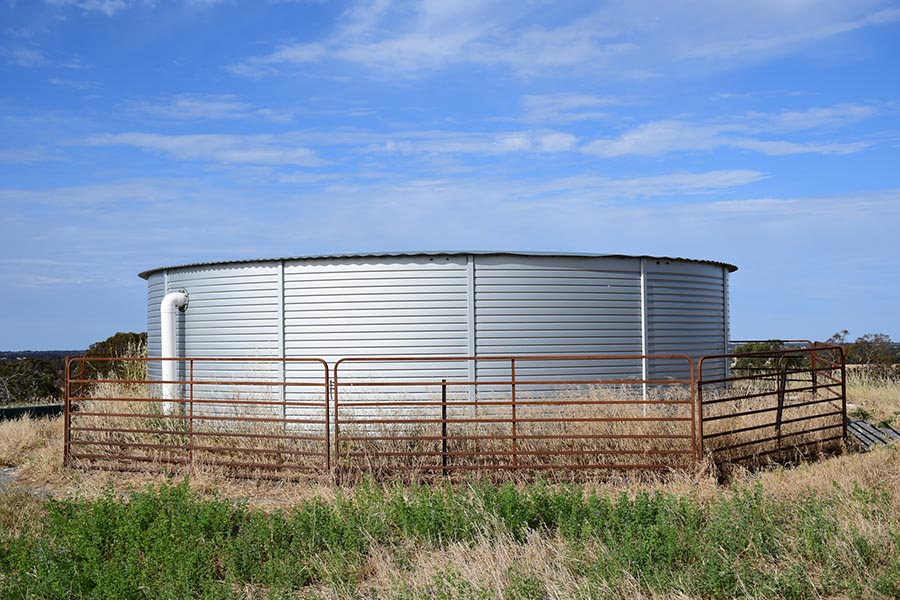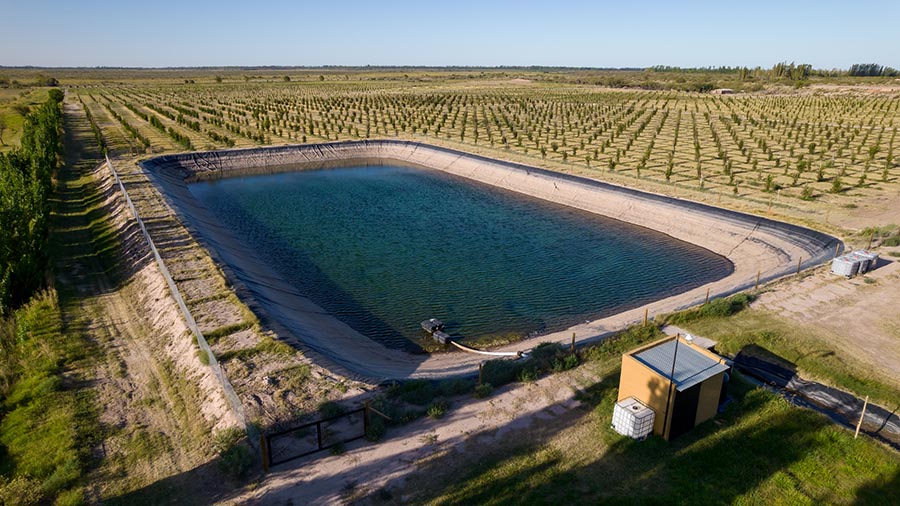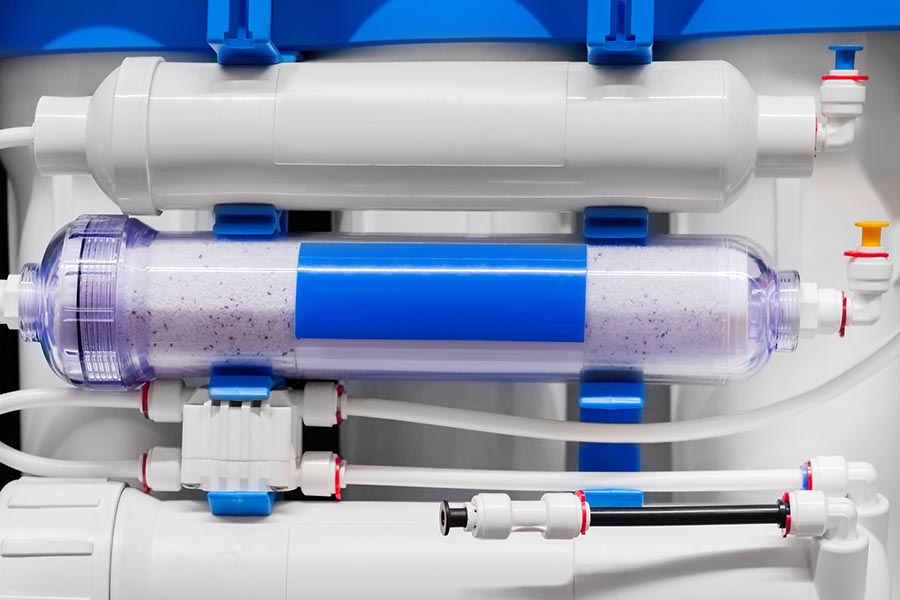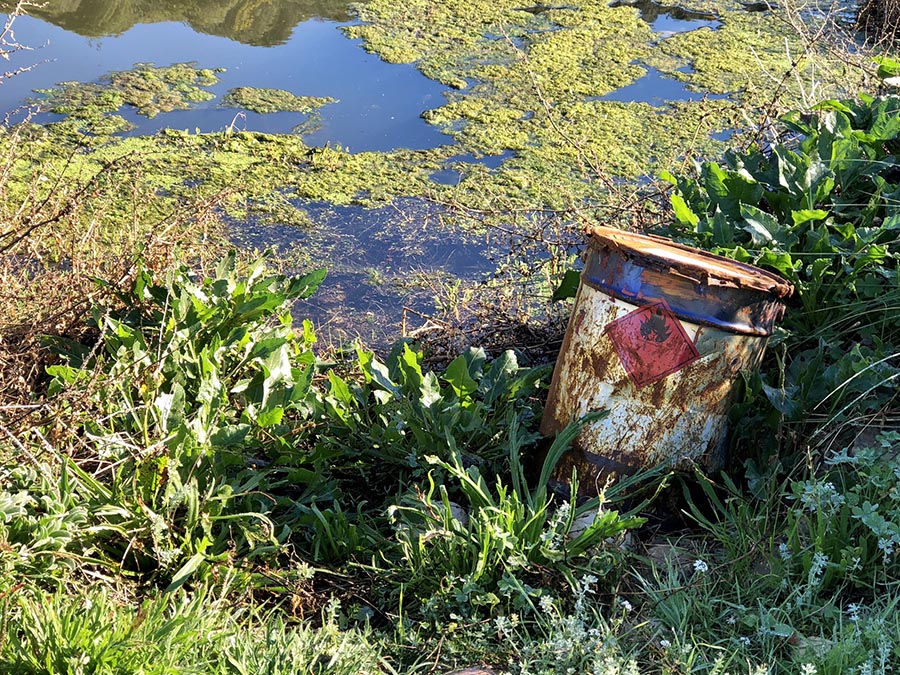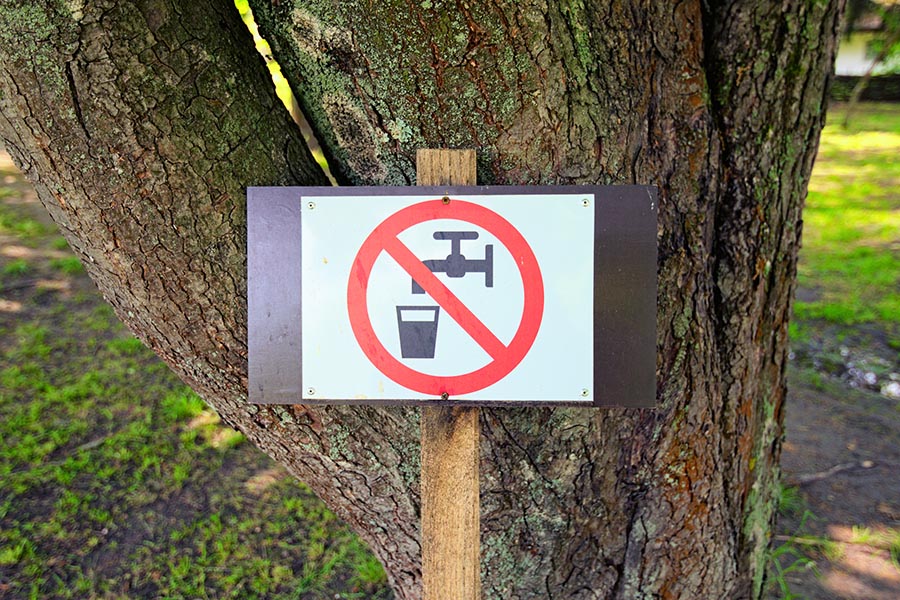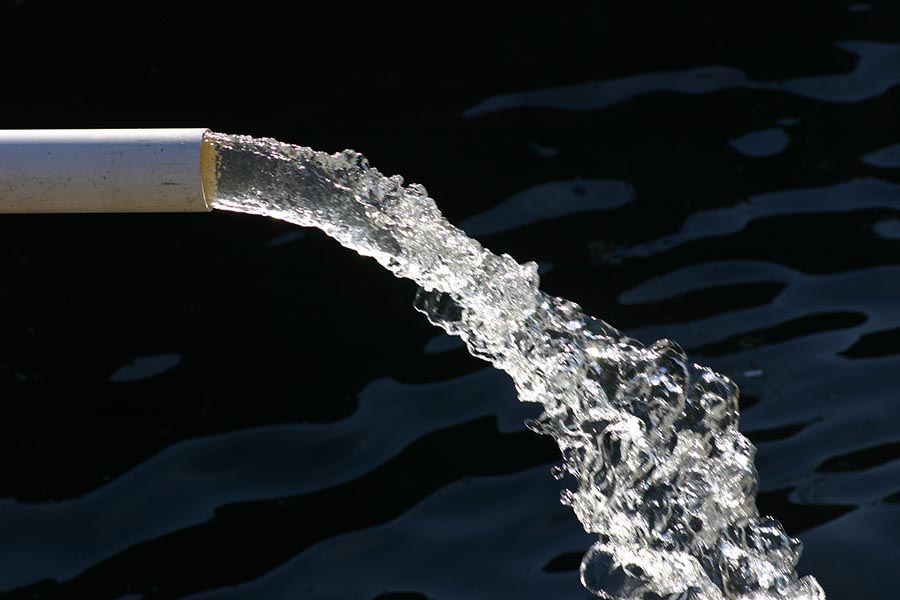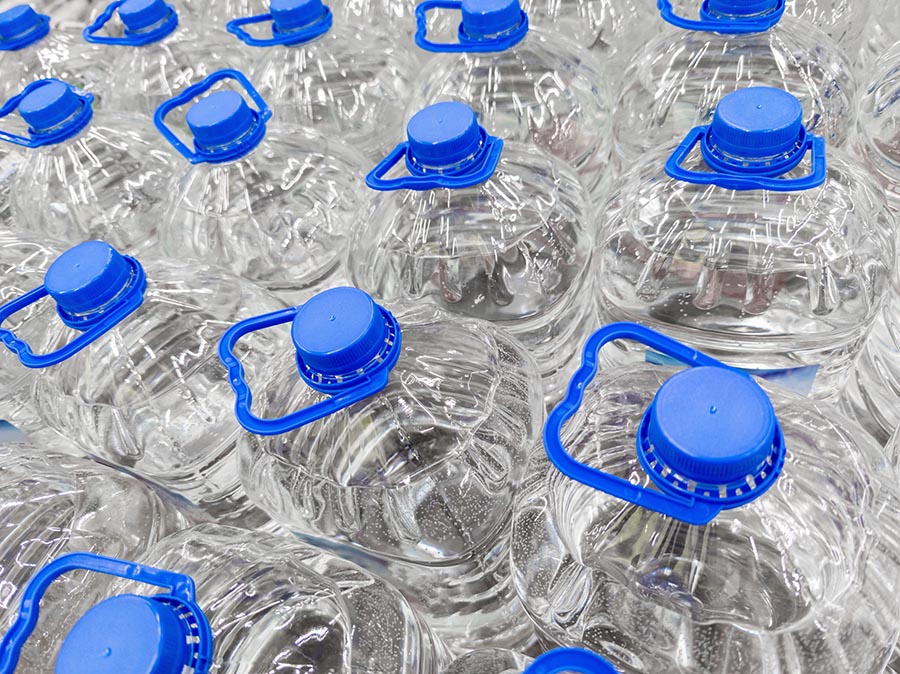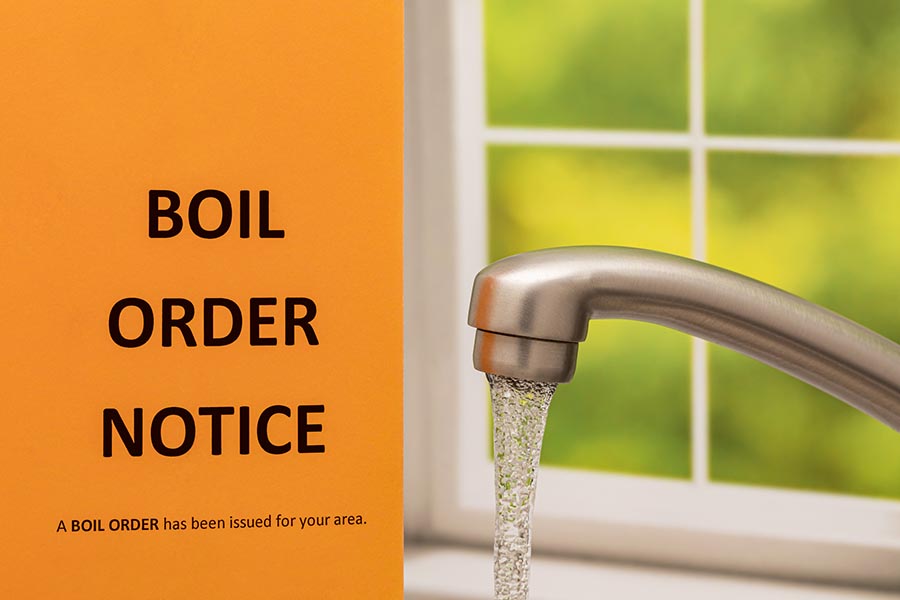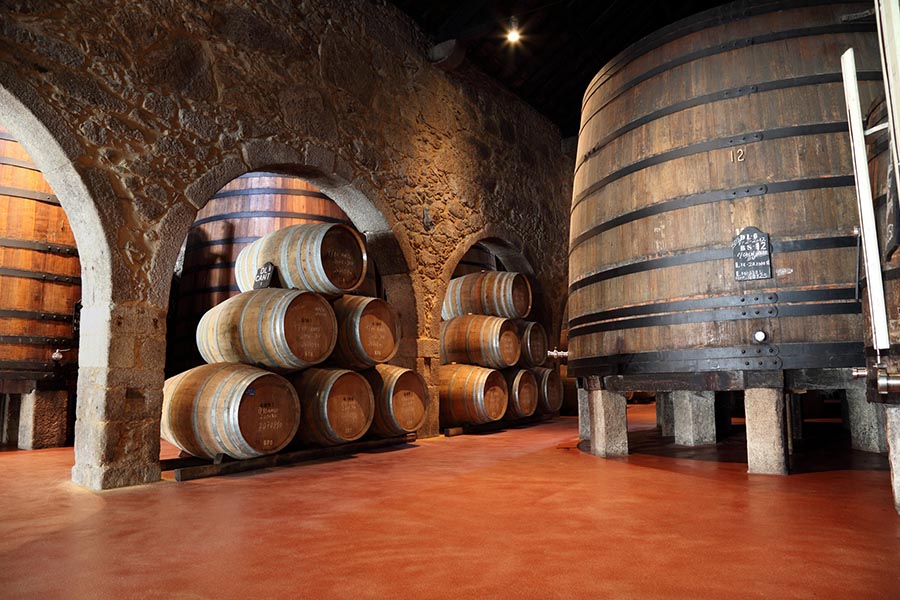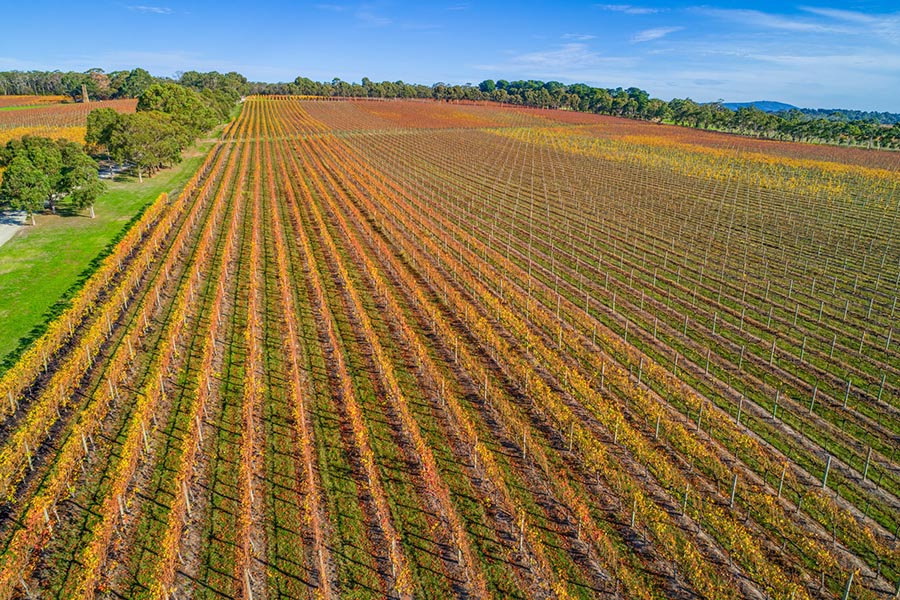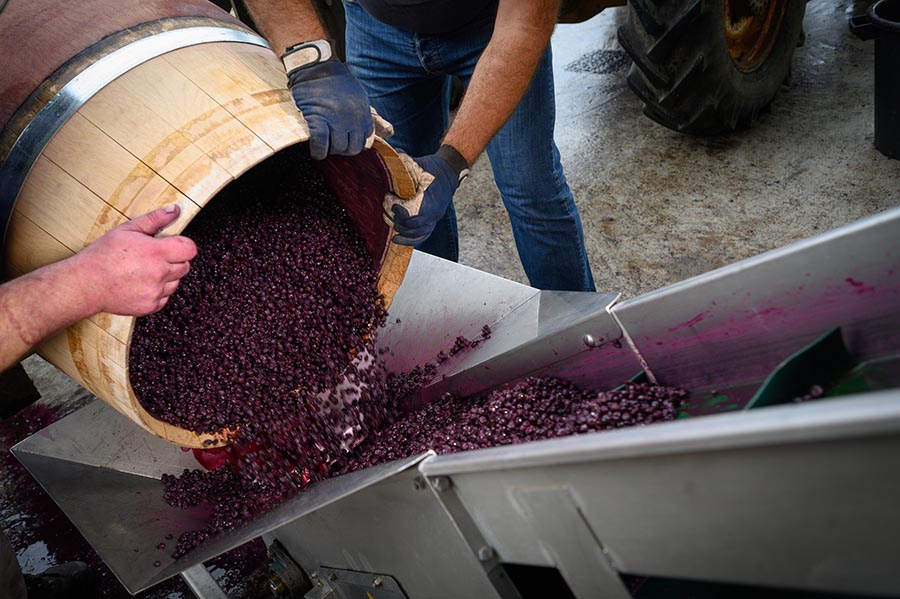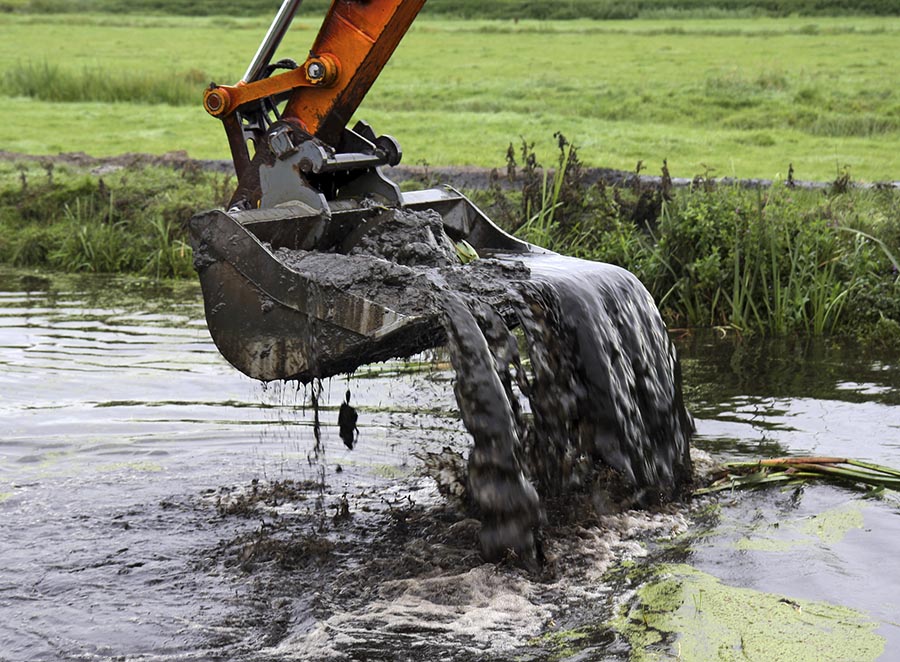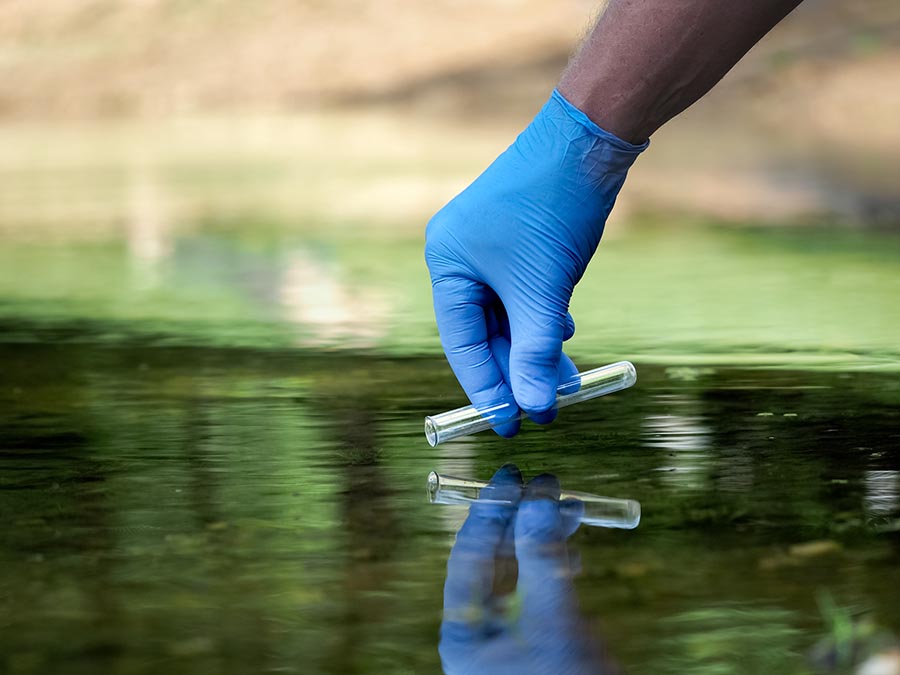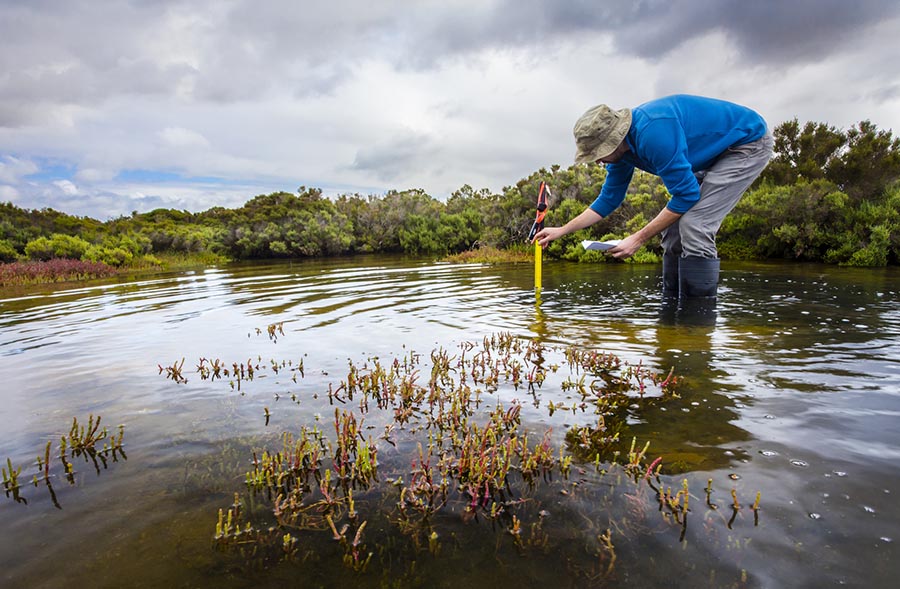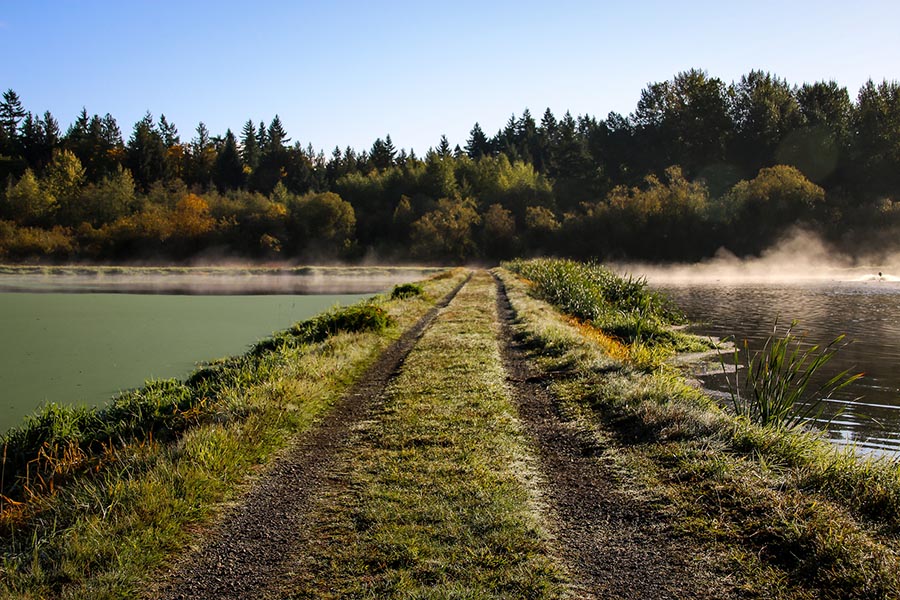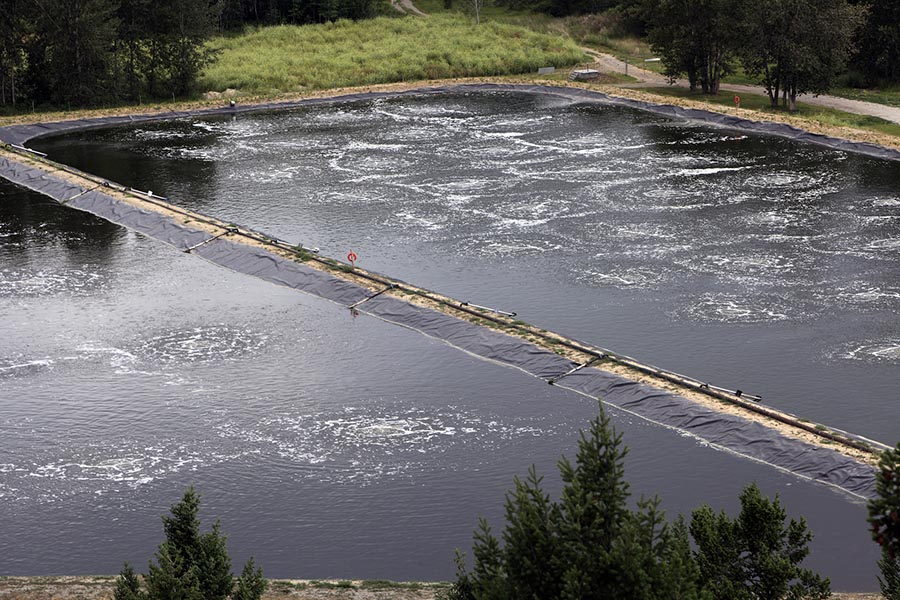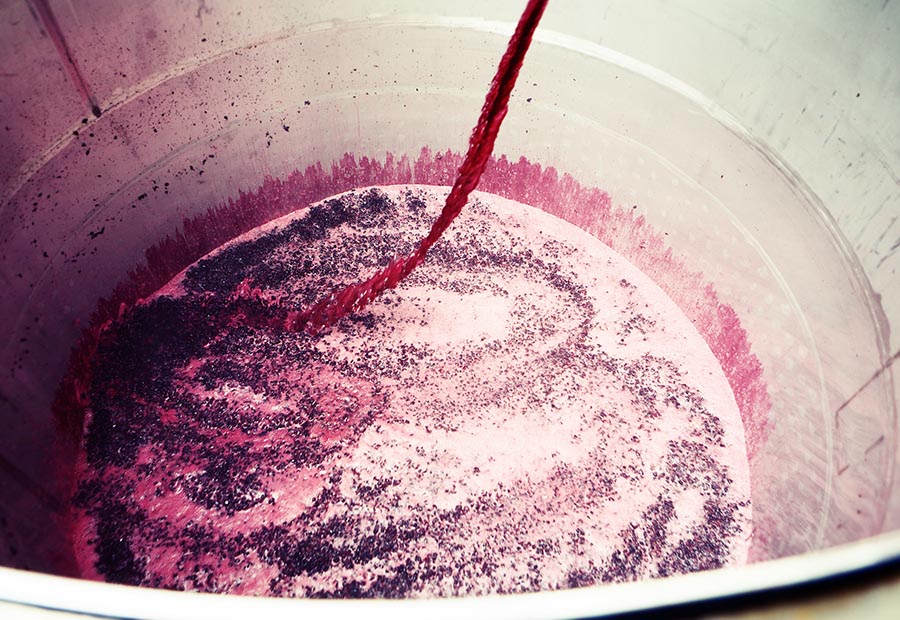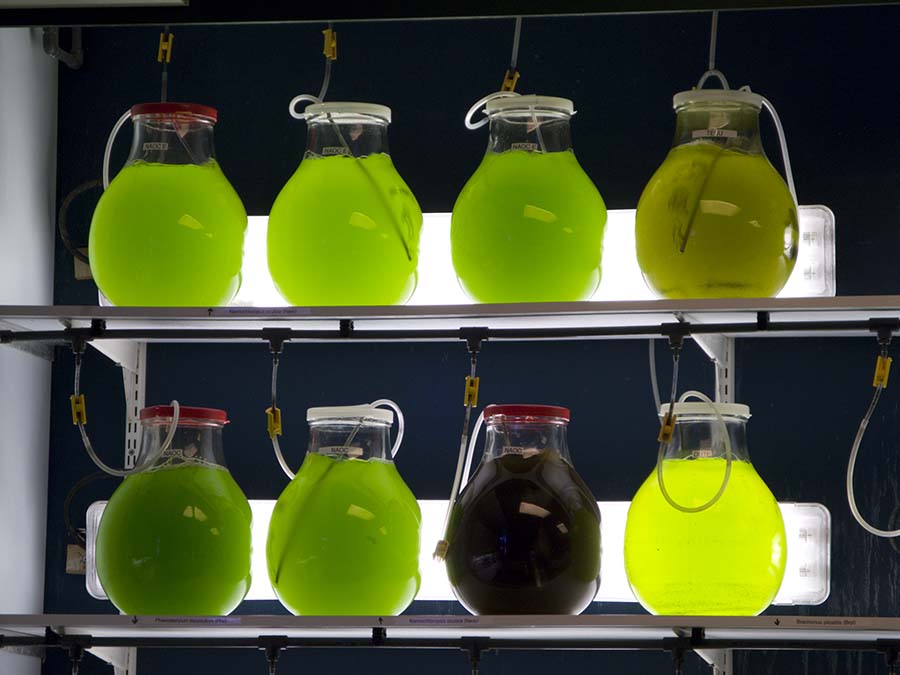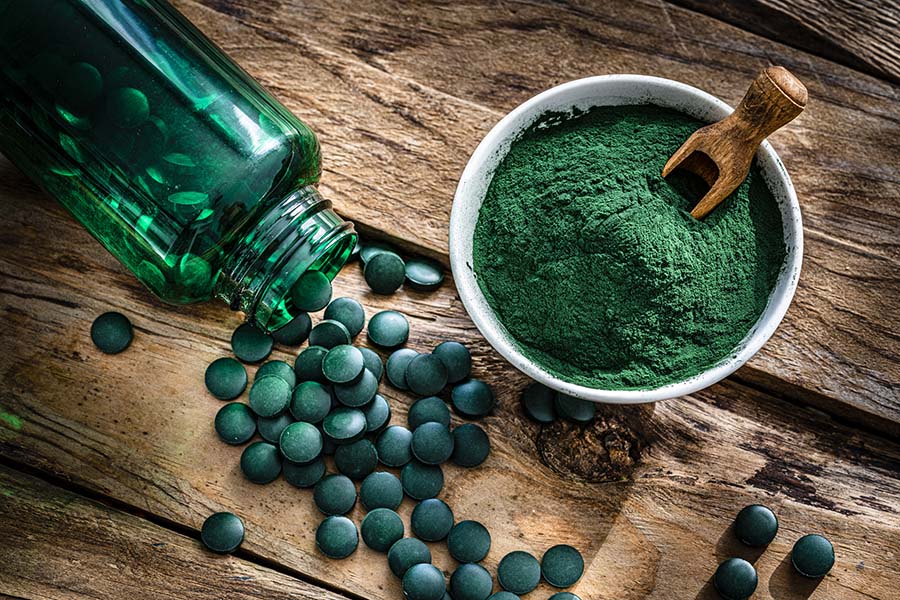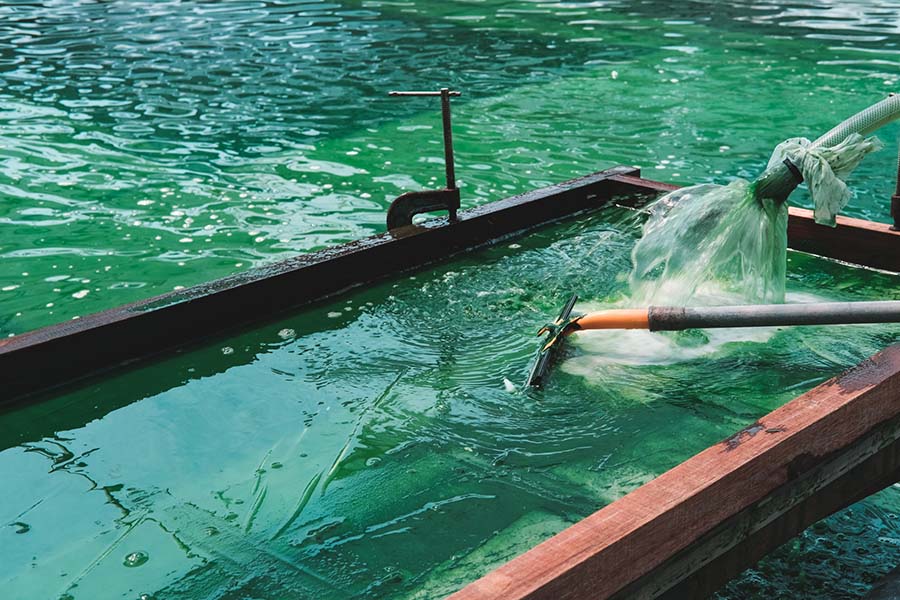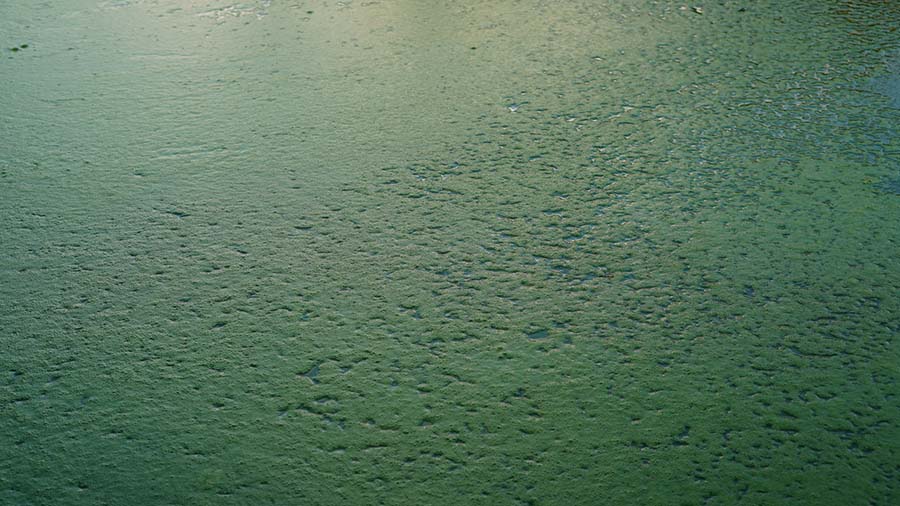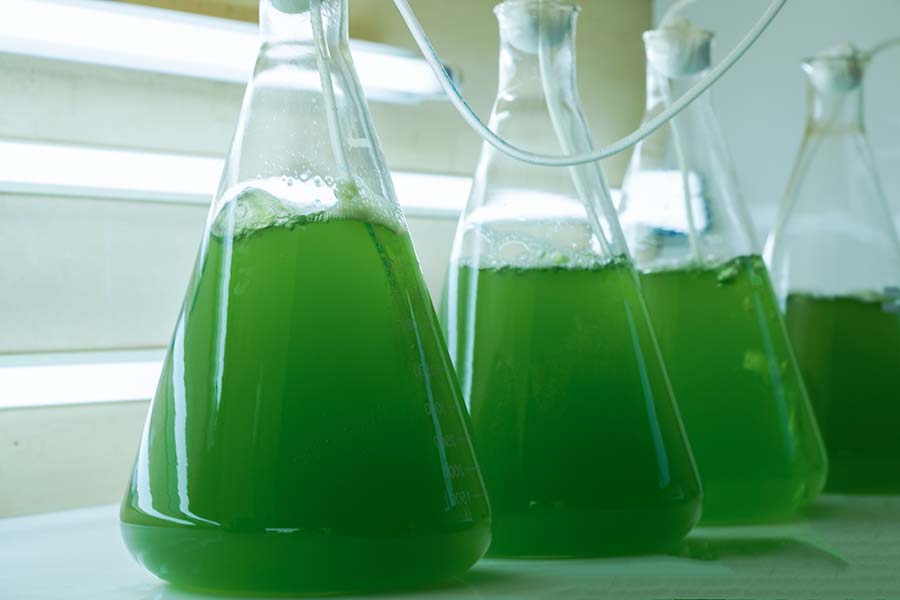Article Center
Use Case Scenario: Weathering the Storm
Can your business survive a natural disaster? See how a fictional bakery used its emergency water storage to overcome a water crisis and emerge even stronger.
Choosing the Right Water Liner
ANSI/NSF 61 certification, material durability, UV resistance – learn what to look for when choosing a potable water liner to keep your drinking water drinkable
Potable Water Liners and Why They Matter
Keep your drinking water safe and pure in any emergency! Learn how potable water storage liners protect your supplies from contamination and chemical leaching.
Physical Contamination and Practical Solutions
Don't let sediment ruin your emergency water supplies. Learn tips for preventing and managing physical contamination, from filtration to settling tanks.
Water Treatment Options: Biological and Chemical
Storing potable water for emergencies? Learn about treatment options like filtrating, disinfecting, and purifying, and choose the strategy that works for you!
Understanding Chemical Contamination
Keep your family safe in an emergency! Learn how to protect your emergency drinking water supplies from heavy metals, pesticides, and other chemicals.
Understanding Biological Contamination
Understand how dangerous contaminants can infiltrate your emergency water supplies - and how to keep your family, livestock, and crops safe during emergencies.
Maintaining Water Quality in Storage
Keep your water safe in an emergency with best practices for protecting your supply from contamination, through maintenance, cleaning, and disinfecting.
How Do You Store Water?
Ready to take control of your water supply? Explore the various water storage options available and find the perfect solution for your home, farm, or business.
Why Store Water?
What would you do if your tap ran dry? Learn why storing drinkable water is a practical choice for keeping your family safe for daily use and emergencies alike.
The Future of Winery Wastewater Management
Wastewater management is a critical aspect of the winery industry, essential for operational efficiency, compliance with regulatory standards, and environmental responsibility.
Sustainability Certifications and Awards for Wineries
In the contemporary wine industry, sustainability has transitioned from a niche interest to a central pillar of business strategy, reflecting broader societal shifts toward environmental awareness.
Costs of Winery Wastewater Pond Systems
Wastewater treatment in the wine industry is a critical operational system that carries significant financial implications.
Sludge Management and Removal in Wastewater Ponds
In winemaking, sludge accumulation in wastewater ponds is an inevitable consequence of the treatment and fermentation processes.
Managing Algal Blooms in Winery Wastewater Ponds
Algal blooms in winery wastewater ponds present a significant challenge for the wine industry, impacting the effectiveness of wastewater treatment processes
The Role of Natural and Engineered Wetlands in Winery Wastewater Treatment
As the wine industry continues to expand globally, there is a growing interest in adopting cost-effective practices
Innovations in Winery Wastewater Treatment
As the wine industry continues to grow and evolve, so does the focus on sustainable and efficient wastewater treatment practices.
Designing Effective Winery Wastewater Ponds
A well-designed winery wastewater pond is fundamental to a successful winery operation by helping address operational efficiency challenges, regulatory compliance, and water resource management.
The Science of Winery Wastewater Treatment
Winery wastewater treatment employs a sophisticated synergy of scientific principles and technologies designed to recycle valuable water resources while mitigating environmental impact.
Introduction to Winery Wastewater Management
In the winemaking industry, wastewater management is essential for operational efficiency and environmental stewardship.
Algae’s Future: Advanced Systems and Business Models
Algae farmers: are you turning your biggest input costs into revenue streams? Learn how the "Algae as a Service" model flips the script on profitability.
The Payoff: The "Value Stack" Biorefinery
You're not growing algae; you're running a biochemical factory. Master the "value stack" and see how to turn one harvest into a cascade of profitable products.
Harvesting and Dewatering: The Economic Bottleneck
You grew a perfect bloom, now can you afford to harvest it? We’ll examine dewatering and collection, the most expensive and challenging step in algae production
Managing the Bloom: Maximizing Productivity
Is your algae pond a top producer or just green goo? Master daily nutrient management to keep your algae culture in its most rapid and profitable growth phase.



